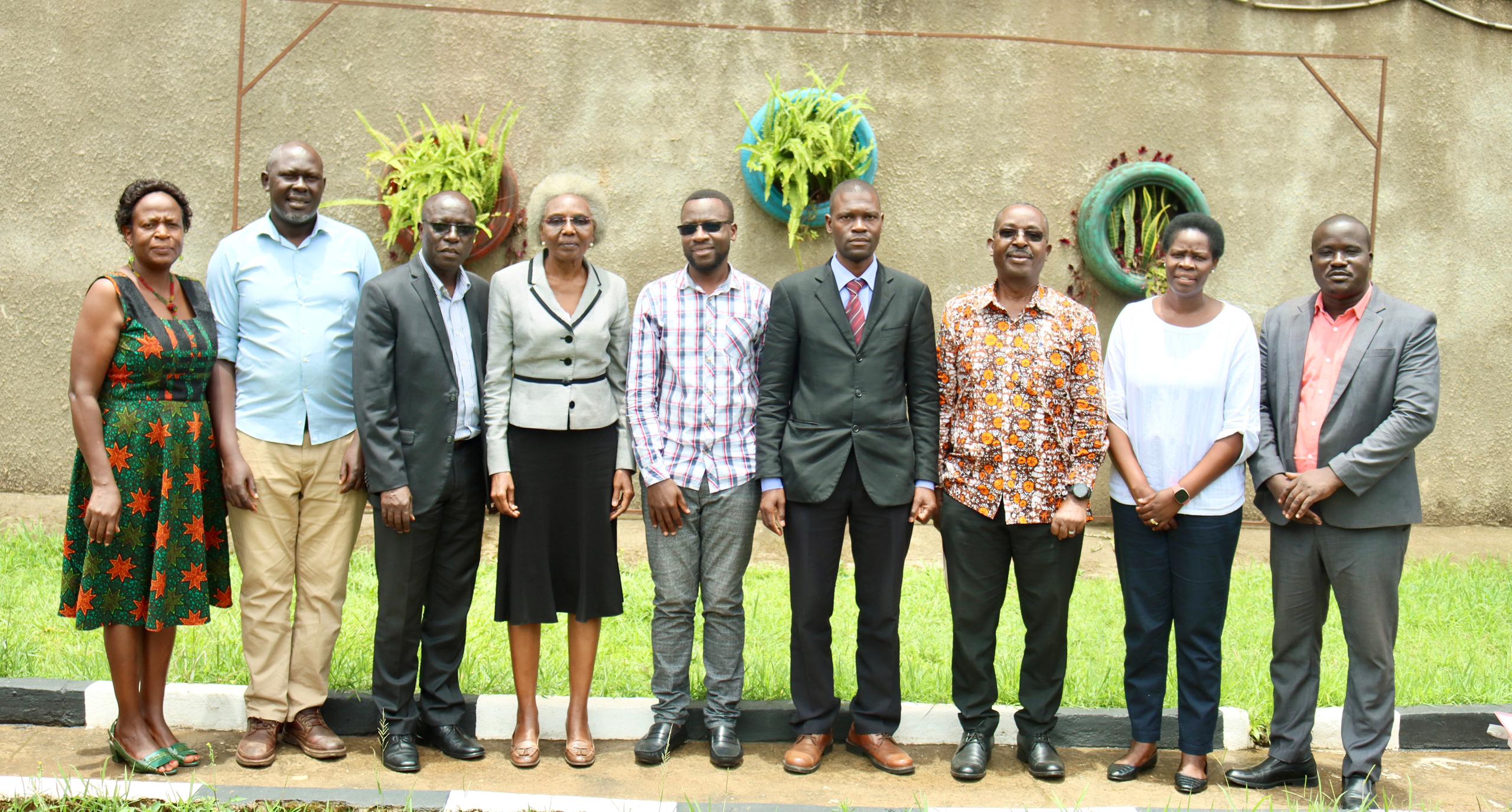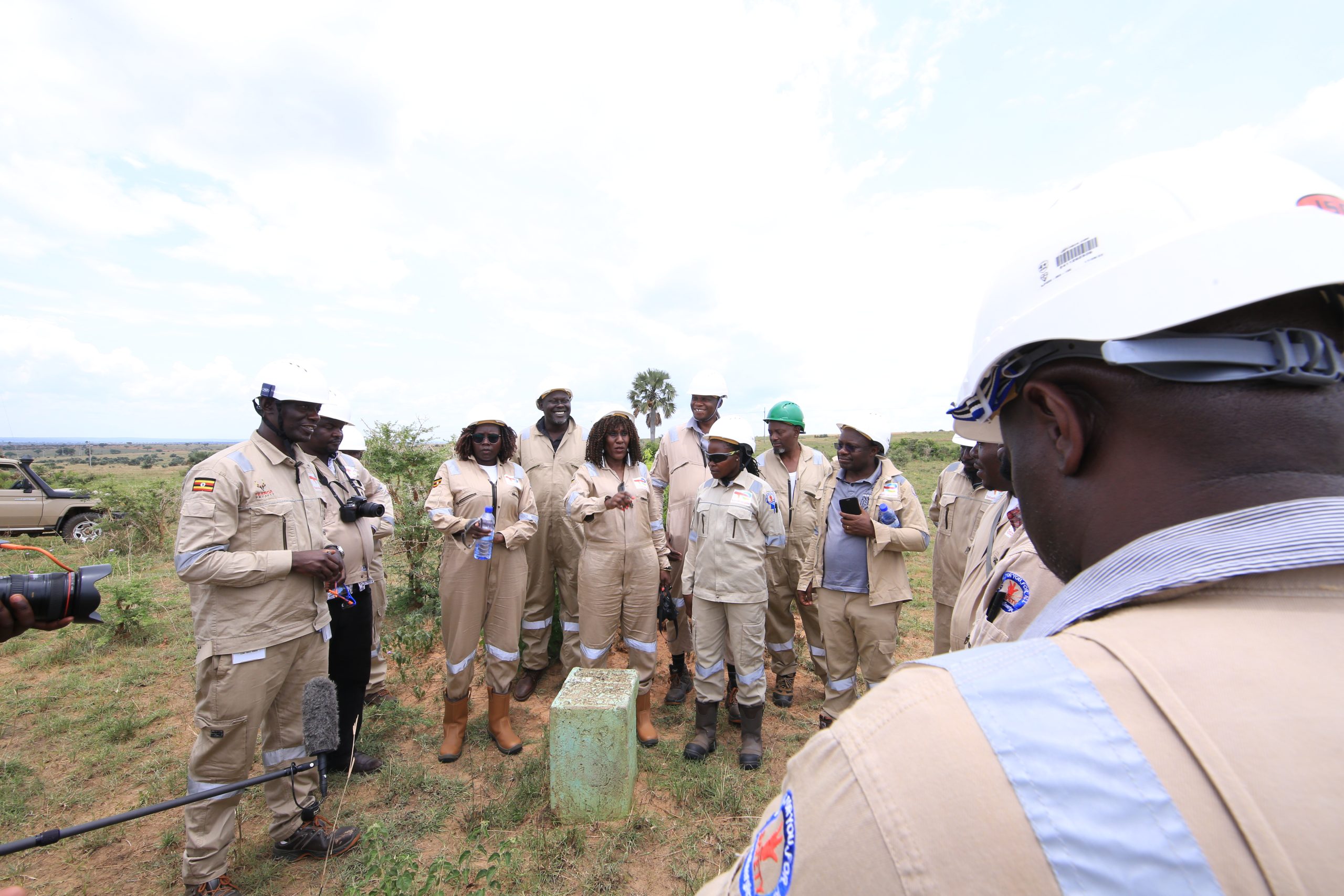The Uganda Panel Meets on the 2016 CSO Sustainability Index
On Tuesday 31st January 2017, a panel of experts comprising sub national and national NGOs, Academia, Media, FBOs, development partners and professional practitioners convened at Protea Hotel, Kampala to make assessment and ranking of the CSO Sustainability Index for 2016. Since 2009, Uganda National NGO Forum (UNNGOF) in partnership with CIVICUS World Alliance for Citizen Participation and the Management Systems International (MSI) with support from USAID undertake an Annual Civil Society Sustainability Index (CSOSI) Report production process. The CSO SI seeks to track changes in the strength and overall viability of the sector throughout the previous year. It also aims to develop an increased understanding of the Civil Society sector among donors, governments and CSOs for purposes of better support and programming.
To produce the index, national level panels are constituted to discuss and rate their countries on 7 standard dimensions; legal environment, organization capacity, financial viability, advocacy, service provision, infrastructure and public image. Globally, the CSO SI reports cover 75 countries from Sub-Saharan Africa, Asia and Europe. To date, seven CSO SI Africa reports have been produced, and used to inform Civil Society’s programming.
The Uganda CSO Panel started by reflecting on the 2016 scenarios and how they affected Civic space in Uganda and then assessed and ranked each indicator of a dimension and later reached a consensus on each indicator and dimension collectively.
It was noted that having had the same methodology for close to 7 years, it is time it was reviewed and changed to incorporate the changes and context of the civic space in the country. The country team further suggested that there is need to expand and diversify the Panel so as to obtain diversified input from the sectors and this will enrich the country report.
In conclusion, the meeting agreed that the team at UNNGOF would analyze the data and develop a draft report which shall be shared for input. Further, the panel of experts agreed to make response to whatever comments that are made on the draft report for purposes of ownership.
Story By Michael Aboneka



